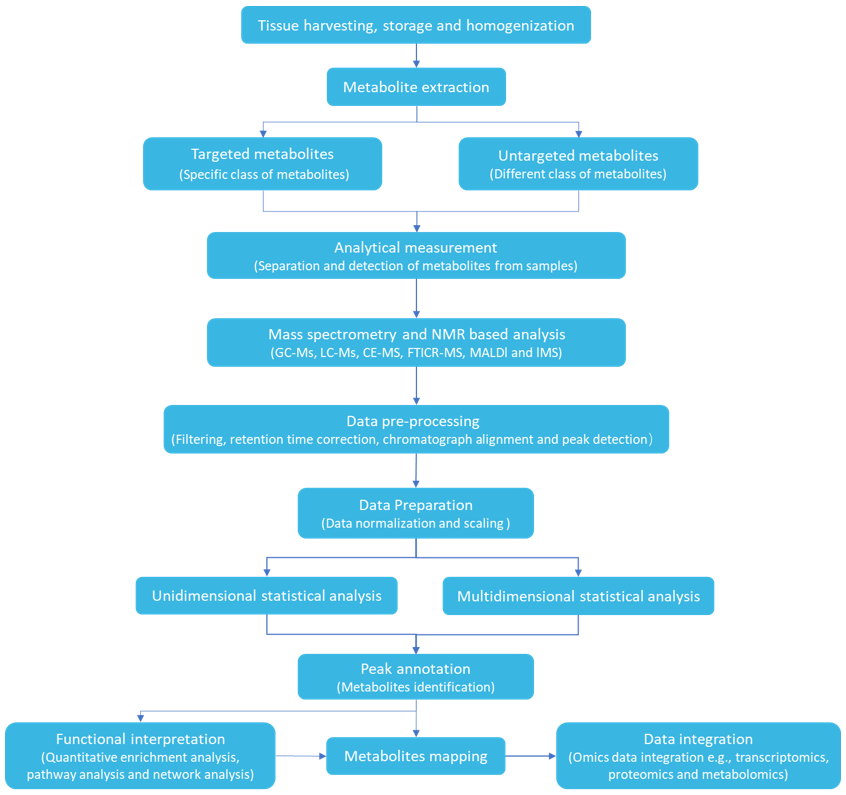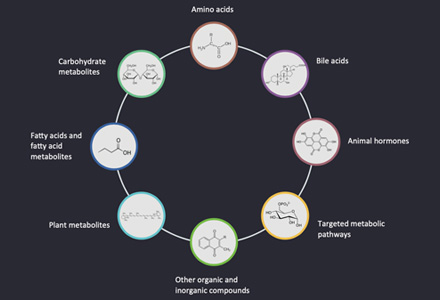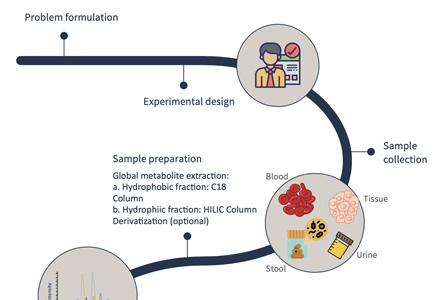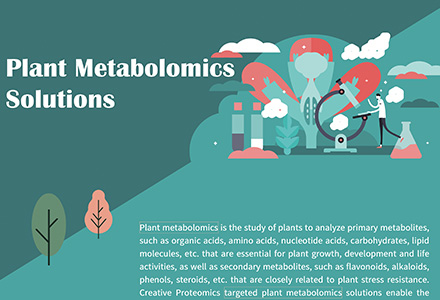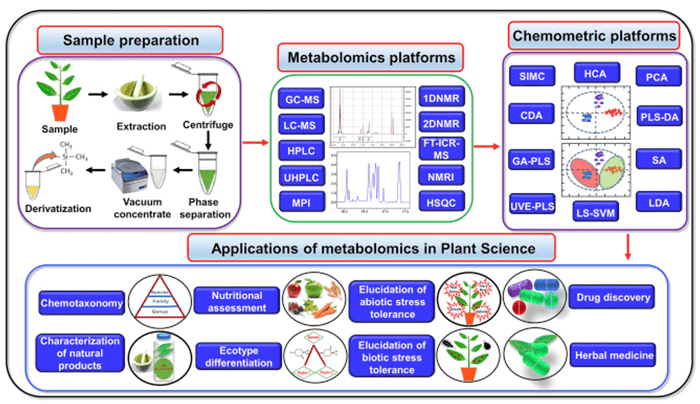The metabolites and metabolic phenotypes of the plant body reflect biological events that have already occurred and are the combined result of the genotype and the environment, so metabolomics techniques can be used to observe the metabolic response of plants after being perturbed (e.g., changes in environmental conditions or genetic alterations).
Transgenic plants are obtained by applying plant genetic engineering techniques to transfer exogenous genes to the plant body or by permanently modifying the expression of endogenous genes. Genetically modified (GM) crops may differ significantly from their non-genetically modified parents in terms of phenotype, response to environmental factors, or composition, which may involve unintended effects that are unpredictable and beyond our current level of understanding.
The safety of GM crops and their derived foods is of strong concern and controversy to society. GMO safety evaluations are based on detailed comparative analyses of genetically modified products and comparable non-genetically modified products.
Metabolomics has an increasing application in the safety evaluation of genetically modified plants, especially in the study of unintended effects of metabolites. Creative Proteomics provides metabolomics solutions for transgenic crops to accelerate research related to genetically modified crops and promote agricultural science.



